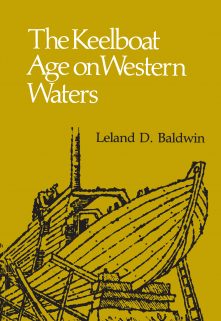History / United States / 19th Century
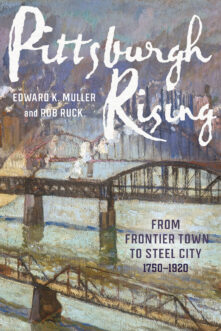

Pittsburgh Rising
From Frontier Town to Steel City, 1750-1920
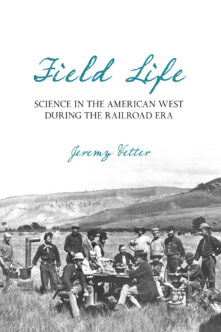

Field Life
Science in the American West during the Railroad Era
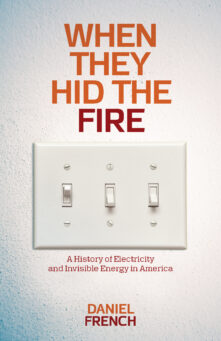

When They Hid the Fire
A History of Electricity and Invisible Energy in America
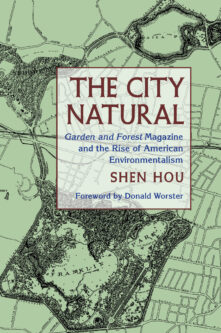

The City Natural
Garden and Forest Magazine and the Rise of American Environmentalism
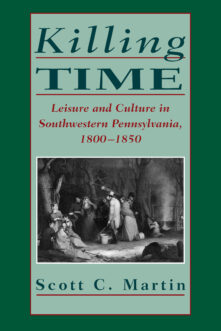

Killing Time
Leisure and Culture in Southwestern Pennsylvania, 1800–1850
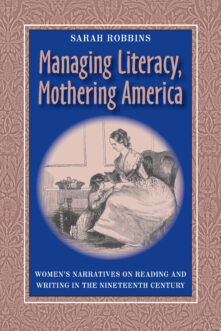

Managing Literacy Mothering America
Womens Narratives On Reading And Writing
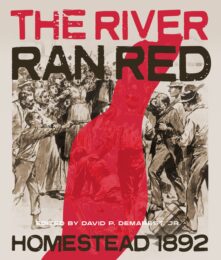

The River Ran Red
Homestead 1892


Albert Gallatin
Jeffersonian Financier and Diplomat
Total 9 results found.


